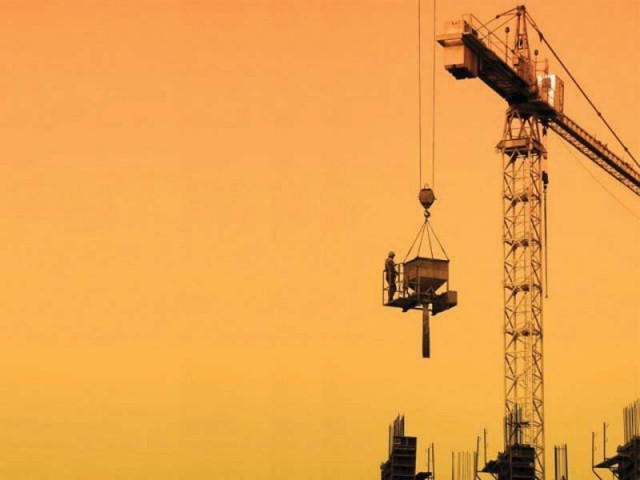Budget priorities: Public spending and its romance with election time
Analysis shows public investment is largely concentrated in 2-3 years prior to elections

Analysis shows public investment is largely concentrated in 2-3 years prior to elections. PHOTO: FILE
The much-touted China-Pakistan Economic Corridor has ensued debate amongst academics, policymakers and politicians alike.
Government’s priorities have been questioned. Whether investing billions on infrastructure rather than education and health which require immediate attention is the right choice, remains highly controversial.
Compensating for shortfall: Development budget spending gets slashed by 15%
In an ideal world, public investments should mainly be determined by meeting the development needs of the population and in reducing infrastructure bottlenecks.
Real world experience, however, often shows that political considerations have a strong influence on public investment decisions.
Politics in the midst of public investment
Academics have argued that various political factors could affect public investment. Politicians have incentives to stimulate the economy before elections in the form of, for instance, a temporary reduction in unemployment – an outcome preferred by voters who have a short-term view.
Politicians are opportunistic and launch investment projects only at the beginning of the term to inaugurate them before the next election.
Moreover, a divided legislature and a coalition government would encounter difficulty in reaching an agreement.
In a recent article published in December 2015 in ‘Finance and Development’, a quarterly magazine published by the International Monetary Fund, the authors have written in detail about startling patterns they came across while analysing advanced, emerging and low income countries.
Budget 2015-16: Finance Minister Ishaq Dar unveils Rs4.451 tr budget
The authors acquired their raw data from the World Bank’s ‘Database of Political Institutions,’ which incorporates data from 80 democracies from 1975 to 2012.
Their findings show that public investment has declined for advanced economies, emerging economies and low income countries. Public investment has fallen from 10% of gross domestic product (GDP) to seven to eight percent in low income countries.
Their analysis also shows that public investment is largely concentrated in two to three years prior to elections and as elections approach, the investment exhibits deceleration. Interestingly, these results hold even when the country is going through a fiscal expansion.
Analysing country level data shows that between 1975 and 2012, there were 264 episodes of investments in these 80 countries with the average size of an economic boom at 3.8% of GDP. Lesotho had the highest increase at 26% of GDP between 1978 and 1982 and the smallest increase was 0.3% of GDP in the United States between 1988 and 2003.
Overall, the authors have found that political characteristics such as ideology and cabinet fragmentation are more important than elections in explaining the size of investment booms.
Glad tidings: Sanaullah promises a tax-free budget
Policy prescription
The article provides quick and useful policy prescriptions, especially for a developing country like Pakistan.
First, even when macroeconomic conditions allow, public investment might not happen when elections approach as political considerations dictate investment ought to be on ‘visible’ projects such as financing tax cuts or increasing public wages. This may affect the long term growth potential of a country.
Secondly, the authors have emphasised that when countries approach international donor agencies for funds on public investment, there should be an explicit guarantee that current spending should be undertaken two years prior to elections.
Finally, there should be an attempt to strengthen budget institutions and improve public investment management systems.
As has been oft written and repeated, there is a need to strengthen institutional frameworks. Public investment can only be insulated from politics and ideologies of political parties if our budget institutions and public investment management systems are strong and autonomous.
The writer is an economist and ex-central banker
Published in The Express Tribune, February 8th, 2016.
Like Business on Facebook, follow @TribuneBiz on Twitter to stay informed and join in the conversation.



















COMMENTS
Comments are moderated and generally will be posted if they are on-topic and not abusive.
For more information, please see our Comments FAQ